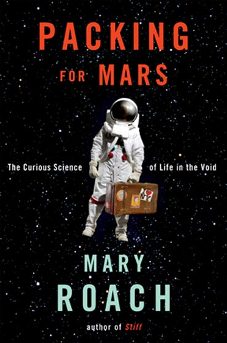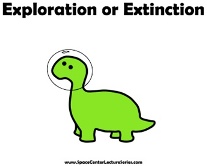
| Home |
| Future lectures |
| Past lectures |
| Location & time |
| About us |
| Partners |
| Contact |
Mary Roach, author of
|
Mary Roach: "I grew up in a small house in Etna, New Hampshire. My dad was 65 when I was born. My neighbors taught me how to drive a Skidoo and shoot a rifle, though I never made much use of these skills. I graduated from Wesleyan in 1981, and drove out to San Francisco with some friends. I spent a few years working as a freelance copy editor before landing a half-time PR job at the SF Zoo. My office was in a trailer next to Gorilla World. On the days when I wasn't taking calls about elephant wart removal surgery or denying rumors that the cheetahs had been sucked dry by fleas, I wrote freelance articles for the local newspaper's Sunday magazine. Eventually, my editors there moved on to bigger things and took me along with them. I mostly write books these days, but I still write the occasional magazine piece. These have run in Outside, National Geographic, New Scientist, Wired, and The New York Times Magazine, as well as many others too embarrassing to name. A 1995 article of mine called "How to Win at Germ Warfare" was a National Magazine Award Finalist, and in 1996, my article on earthquake-proof bamboo houses took the Engineering Journalism Award in the general interest magazine category, for which I was, let's be honest, the only entrant. I often write about science, though I don't have a science degree and must fake my way through interviews with experts I can't understand. I also review books for The New York Times. My first book, Stiff, was an offshoot of a column I wrote for Salon.com. It was sort of a reported humor column, wherein I covered things like vaginal weight-lifting and amputee bowling leagues and the question of how much food it takes to burst a human stomach. I have no hobbies. I mostly just work on my books and hang out with my family and friends. I enjoy bird-watching--though the hours don't agree with me--backpacking, thrift stores, overseas supermarkets, Scrabble, mangoes, and that late-night "Animal Planet" show about horrific animals such as the parasitic worm that attaches itself to fishes' eyeballs but makes up for it by leading the fish around."
We hope to keep our lectures free and open to the public and are now accepting donations in any amount via PayPal. At your request, your name can be listed as a donor on the front page of our site. All donations will go towards providing future lectures. T-shirts and onesies for sale! "Since hazards from asteroids and comets must apply to inhabited planets all over the Galaxy, if there are such, intelligent beings everywhere will have to unify their home worlds politically, leave their planets, and move to small nearby worlds around. Their eventual choice, as ours, is spaceflight or extinction." -Dr. Carl Sagan [3]
|
| Submit a Question | ||
Sponsored in part by
|
||







